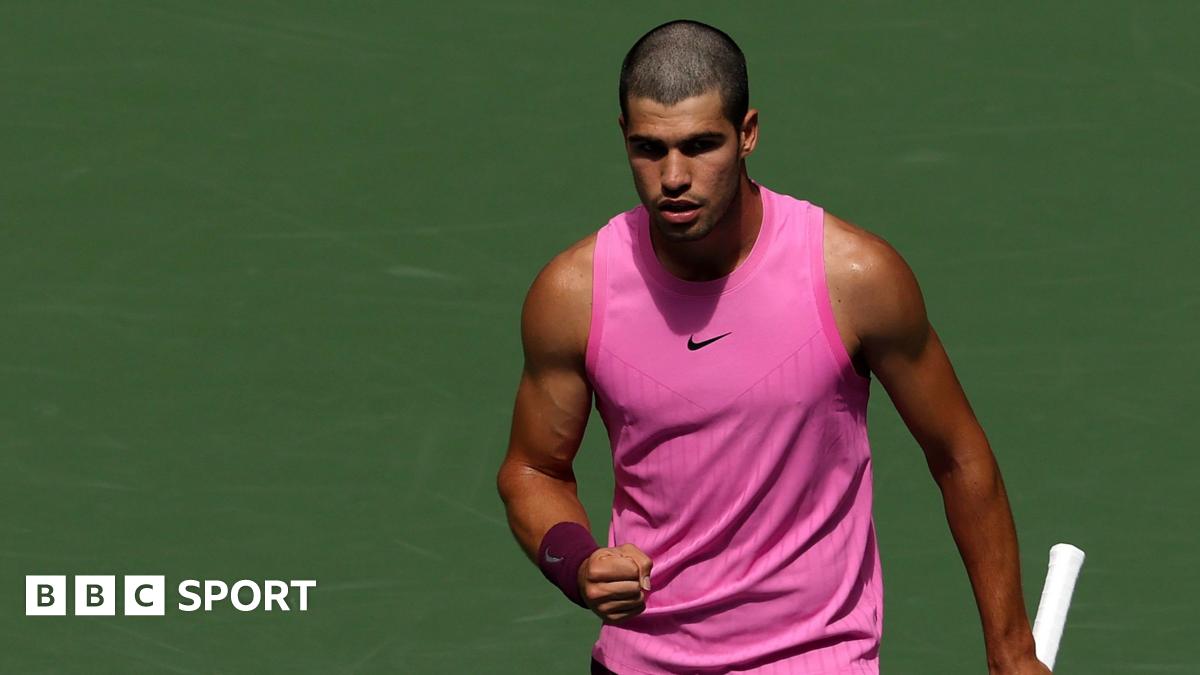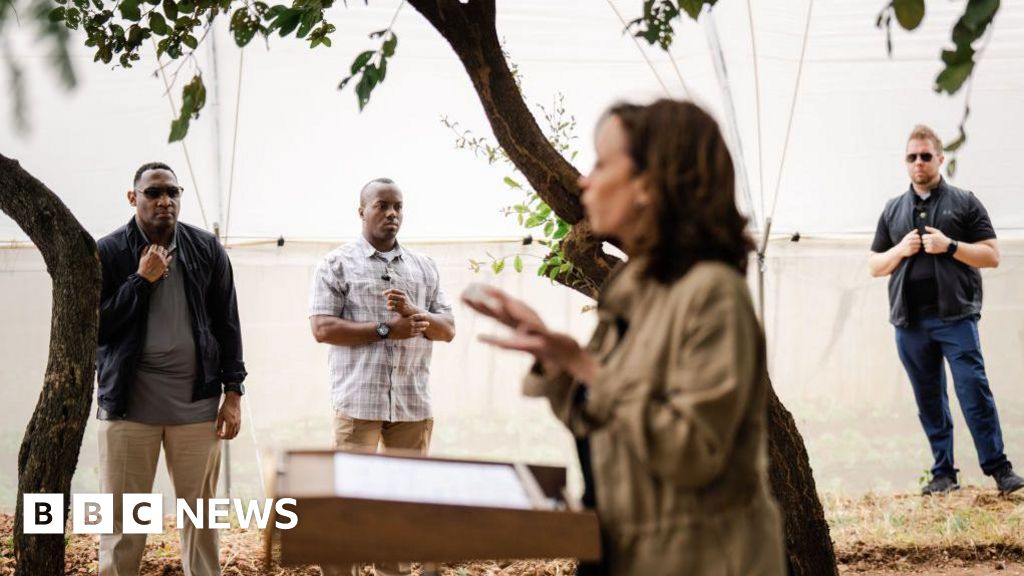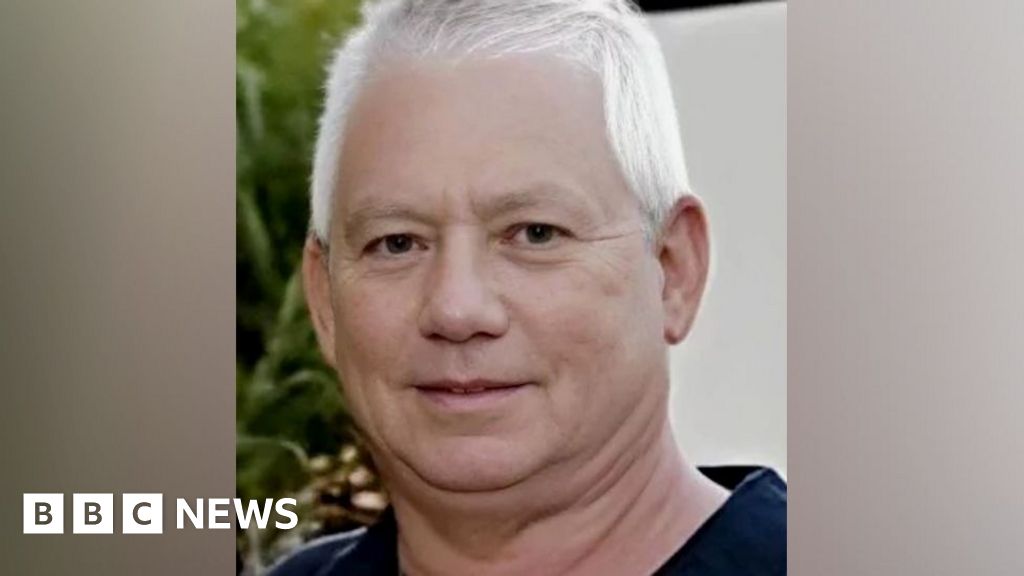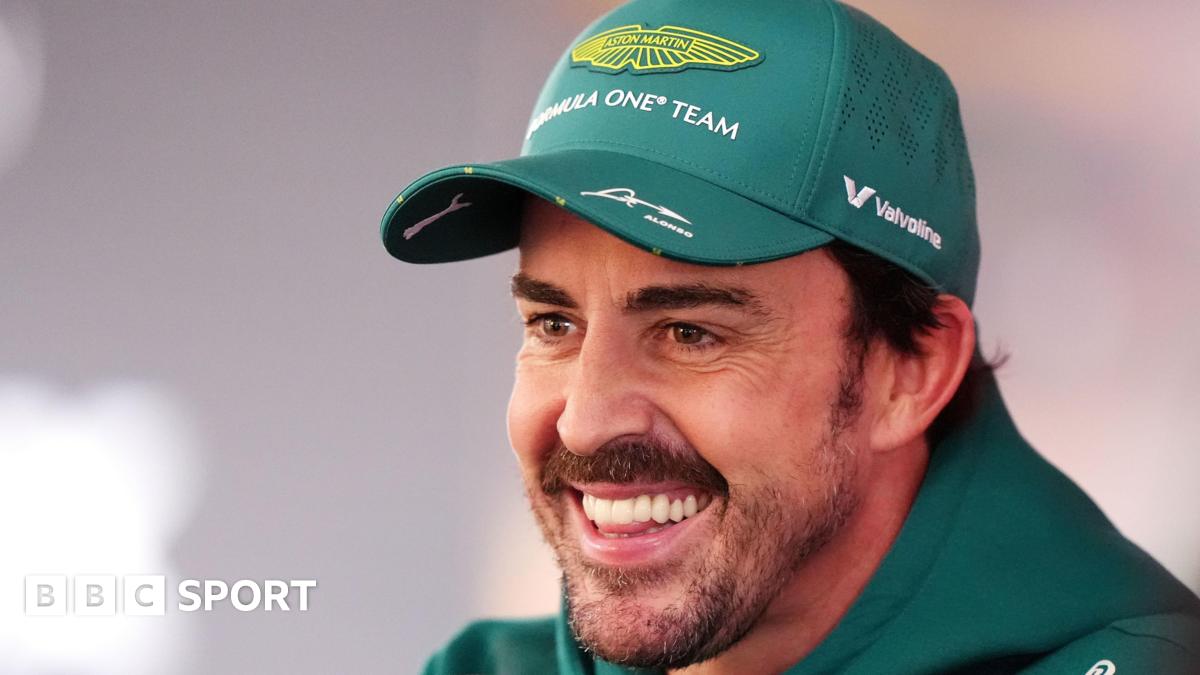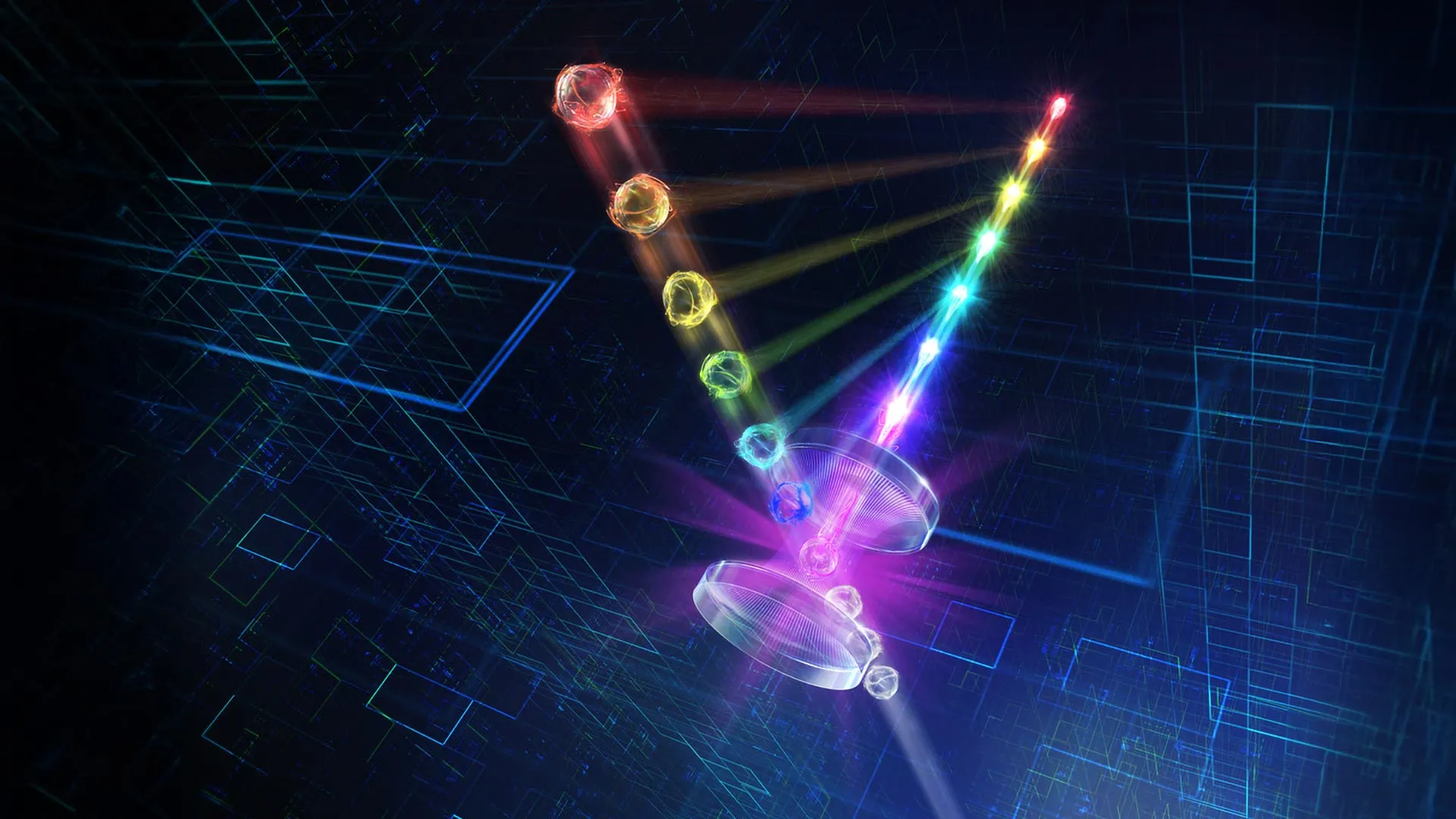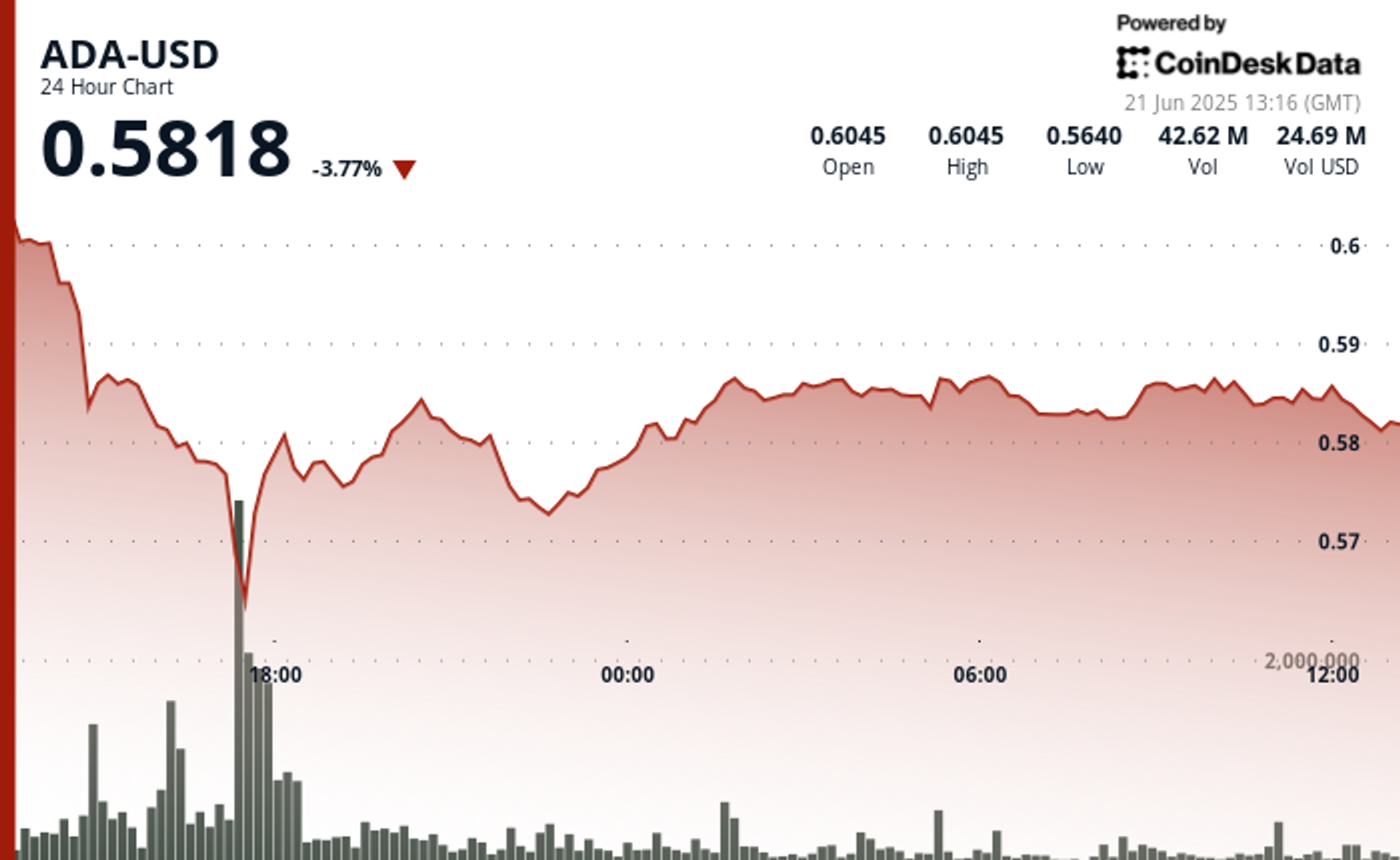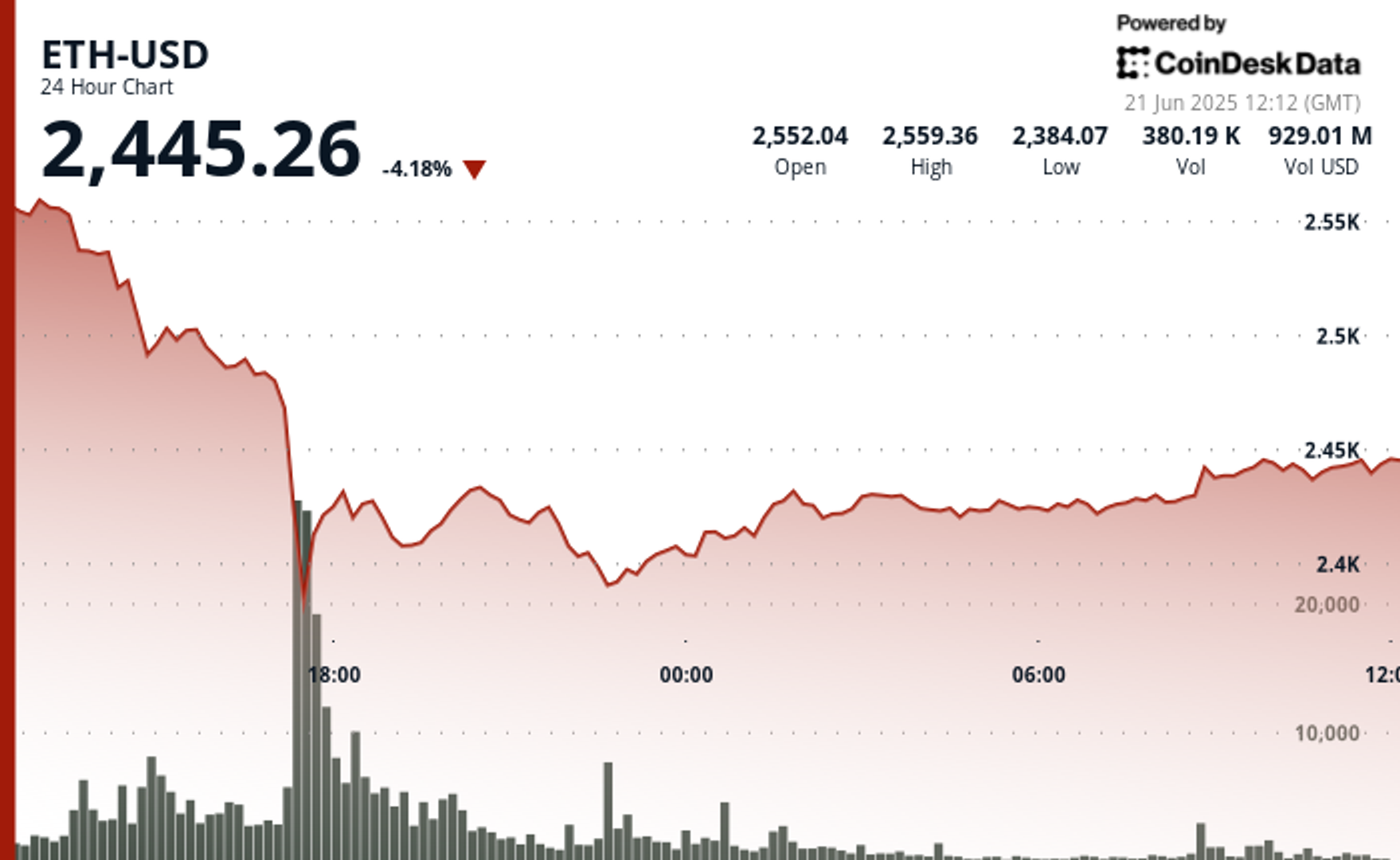400 People at This Massive Support Studio Worked on The Elder Scrolls IV: Oblivion Remastered — but You Probably Don't Know They Exist
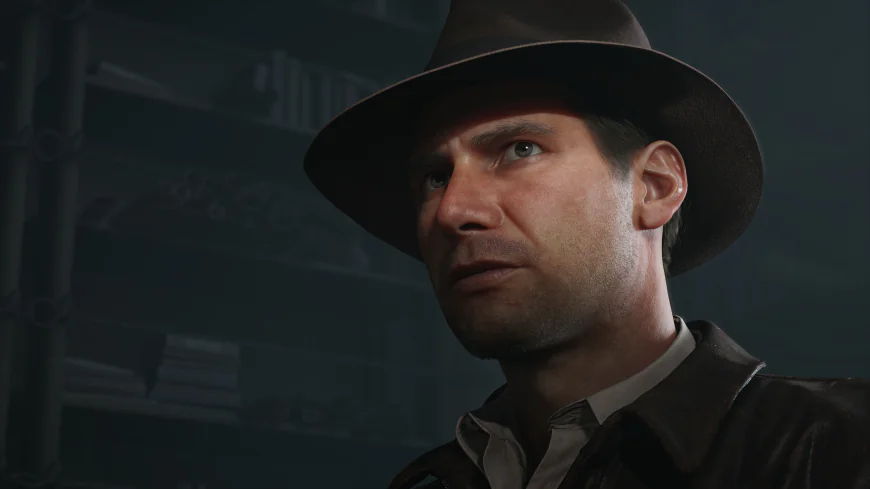

It is the driving force behind many of your favorite video games released in the last few years, but it largely flies under the radar. The Elder Scrolls IV: Oblivion Remastered, Cyberpunk 2077, and Metal Gear Solid Delta: Snake Eater are just a few of the many games that were and continue to be supported by Virtuos, one of the largest independent video game companies in the world with over 20 studios globally employing about 4,000 staff. Still, the average gamer probably doesn’t know Virtuos exists.
That’s starting to change though, with Virtuos’ profile rising with each new release. Oblivion Remastered is perhaps Virtuos’ biggest project yet, and its heavy involvement with its development was made a key part of the game’s announcement by Bethesda. Meanwhile, CD Projekt livestreams feature members of the Virtuos development team. Looking ahead, Ken Levine’s BioShock follow-up, Judas, and Riot’s League of Legends fighting game 2XKO, will both come out with Virtuos’ help.
But it has not all been plain sailing. Last month, Virtuos laid off approximately 7% of its global workforce, or around 270 staff. In a statement, Virtuos said it was "evolving to meet the changing needs" of its partners and the wider video games industry. Most of the layoffs affected Virtuos’ Asian workforce.
In a wide-ranging interview with IGN at gamescom 2025, Virtuos CEO Gilles Langourieux discussed the company’s history, its recent projects, and what it’s hoping to achieve in the future. The Elder Scrolls IV: Oblivion Remastered, which has gone a long way to putting Virtuos on the map this year, was a big part of our chat.
Langourieux said Virtuos’ expertise when it came to remasters (Batman, Final Fantasy, Dark Souls Remastered) meant it was a natural part of the conversation around Oblivion’s return.
“We managed to convince Todd Howard and his team that we could do it,” Langourieux began. “He had known us for a while. And then how does it work? You prove what you're capable of during a pilot phase. You deliver a convincing vertical slice or pilot. You align with the team at Bethesda on what they believe is the level of quality or detail required to meet their audience goal, and you continue all the way to final ship.”
Virtuos developed Oblivion Remastered using Unreal Engine 5. It runs at 4K resolution and 60 frames per second, as you'd expect, but other changes are more meaningful. Everything from the leveling systems to character creation, and combat animations to in-game menus have been improved. Meanwhile, there's lots of new dialogue, a proper third-person view, and new lip sync technology. The changes went down well with fans, some of whom believe Oblivion Remastered would be more accurately described as a remake. Bethesda, however, has explained why it went down the remaster route.
Langourieux said Virtuos knew it had to use a new engine for Oblivion Remastered to bring the classic RPG up to date in terms of graphics and performance, but also retain the original engine so veteran fans would recognize Oblivion’s gameplay. As Todd Howard himself described it, Bethesda was keen for the Oblivion remaster to have some of that “old charm.”
“We realized that one of the solutions would have to be to combine the original engine with a new engine. Virtuos happens to have a long experience working with Unreal,” Langourieux said. “We've done a number of projects like this where we combine — it's called engine pairing — we pair two engines to work together so that the gameplay comes from the original engine, but the rendering and the new modern bells and whistles come from the new engine. And our experience doing that, our experience with Unreal, was one of the things we had to bring to the table.”
Meanwhile, hundreds of artists were mobilized to work on Oblivion Remastered to “nail” the Oblivion art style while also modernizing it. Virtuos had its studio in Paris lead the project, making technical, design, and artistic choices about the game, with the help of other Virtuos studios. At Bethesda, a small team under the direct supervision of Todd Howard monitored Virtuos’ work.
At peak, around 400 people at Virtuos worked on Oblivion Remastered. This was a true AAA development effort spread out across a number of years. The end result was a successful release, a video game played by over 9 million people at this point, and a (largely) impressed fanbase. Virtuos itself was made a part of Bethesda’s official Oblivion Remastered announcement video, which Langourieux appreciated.
“Sometimes when you tackle these kinds of projects, you worry about talking about a new developer because you're worried that new developer name might not resonate so well with the audience,” he said.
“They put their money where their mouth is by supporting us very transparently and openly, and that has given us more visibility than other projects have. So credit to them for that.”
Cyberpunk 2077, Oblivion Remastered, Metal Gear Solid Delta: Snake Eater… what’s next? With all sorts of rumors swirling around about more Bethesda remasters, could Virtuos be helping out with, say, a Fallout remaster of some description? Of course, Langourieux won’t name names, but did talk generally about what Virtuos has up its sleeve, and teased “similar” titles to Oblivion Remastered coming from the company in the years ahead.
“I won't be able to share specifics,” he began, “but what I can say is that you've seen what we're capable of for a big, impactful remaster like Oblivion. You can expect more similar titles to come out of Virtuos in the coming years. And you can also expect to see us involved in expanding the life of large-life titles. Those would be two directions that I'm super excited about.”
But will Virtuos break out of its support act status and make an original IP of its own? Langourieux seems happy with where his company is at right now, insisting “not everyone aspires to be the rockstar.”
“We have a lot of ambition,” Langourieux said. “We've built one of the largest, most stable game developers in the business, and we intend to continue doing that. We've done it by being very clear about what we're good at and how we can serve our clients in the industry. And there's a lot of ambition with that. Not everything is about being the rockstar. Not everyone aspires to be the rockstar. We're playing a different role."
Wesley is Director, News at IGN. Find him on Twitter at @wyp100. You can reach Wesley at wesley_yinpoole@ign.com or confidentially at wyp100@proton.me.
What's Your Reaction?
 Like
0
Like
0
 Dislike
0
Dislike
0
 Love
0
Love
0
 Funny
0
Funny
0
 Angry
0
Angry
0
 Sad
0
Sad
0
 Wow
0
Wow
0
